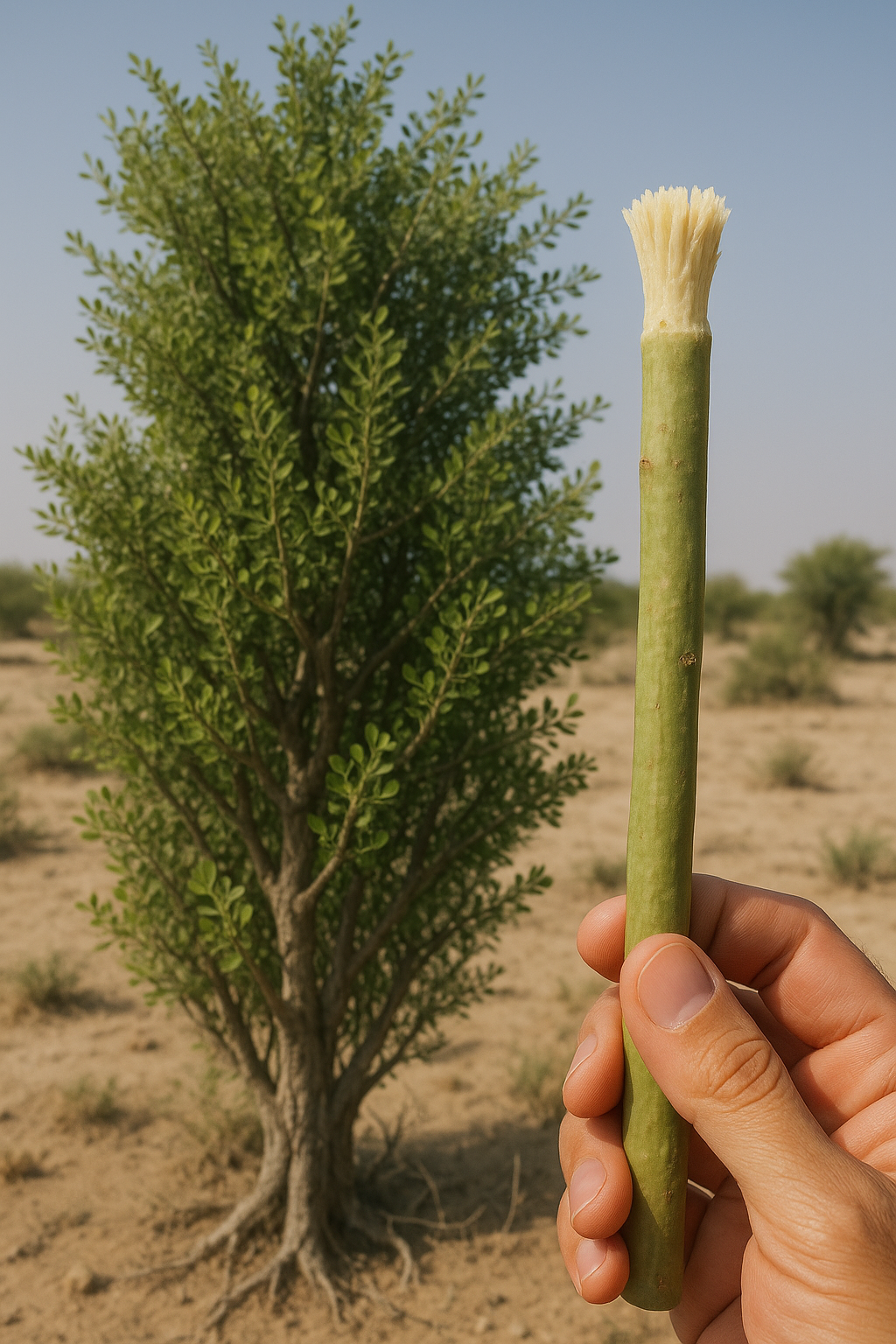Bilimbi, also known as the pickle tree or Irumban Puli, is a tropical fruit that brings a unique taste and numerous health benefits. This fruit is mainly found in South India but has origins in Southeast Asia, particularly in the Malay Archipelago. Despite its sour flavor, which can make your mouth pucker, Bilimbi is a treasure in terms of its nutritional value. It is not only tasty but also packed with vitamins and antioxidants.
The Bilimbi tree, scientifically named Averrhoa bilimbi, is a slender tree that can grow up to 15 meters tall. It has dark green, glossy leaves and produces small, white flowers that develop into long, cylindrical fruits. The fruit is typically green when unripe, turning yellow as it ripens. Each fruit is about 4 to 10 centimeters long and has a very sour taste, somewhat similar to green apples or unripe mangoes.
Bilimbi is not commonly eaten raw due to its extreme tartness. Instead, it is a popular ingredient in various dishes, especially in South Indian cuisine. It is often used to make chutneys, pickles, and curries. Its rich vitamin C content and high levels of antioxidants make it beneficial for boosting the immune system, aiding digestion, and even lowering cholesterol levels.
In India, Bilimbi is primarily found in coastal states like Kerala, Karnataka, Tamil Nadu, and Maharashtra. The warm and humid climate in these regions provides ideal conditions for the Bilimbi tree to thrive. The fruit has been used in traditional medicine for centuries, particularly in Kerala, where it is known for its potential health benefits.
One of the standout features of Bilimbi is its versatility in culinary uses. In Kerala, it is often included in fish curries, particularly with sardines, and can also be eaten raw with salt and spices. In the Philippines, it is known as kamias and is used in various traditional dishes. Its sourness adds a delightful twist to recipes, making it a favorite among chefs and home cooks alike.
Bilimbi is rich in vitamins, particularly vitamin C, which is essential for maintaining a healthy immune system. It also contains other vital nutrients such as calcium, iron, and dietary fiber. These components work together to promote overall health. For instance, the high fiber content aids in digestion, helping to regulate bowel movements and alleviate constipation.
Additionally, Bilimbi has been noted for its potential to help manage diabetes. The fruit can help control blood sugar levels by preventing spikes in insulin activity after meals. Its antioxidants also play a role in reducing high blood pressure, making it a beneficial addition to the diet for those with hypertension.
While Bilimbi has many health benefits, it is essential to consume it in moderation. Its high oxalic acid content can lead to health issues if eaten in large quantities, including gastrointestinal discomfort and potential kidney problems. Therefore, it is advisable to enjoy Bilimbi as part of a balanced diet.
Overall, Bilimbi is a remarkable fruit that offers a unique taste and numerous health benefits. As more people become aware of this underappreciated fruit, its popularity is likely to grow. Whether used in cooking or consumed as a part of traditional remedies, Bilimbi is truly a superfruit of South India. Its potential to enhance culinary creations while contributing positively to health makes it a valuable addition to any diet.



